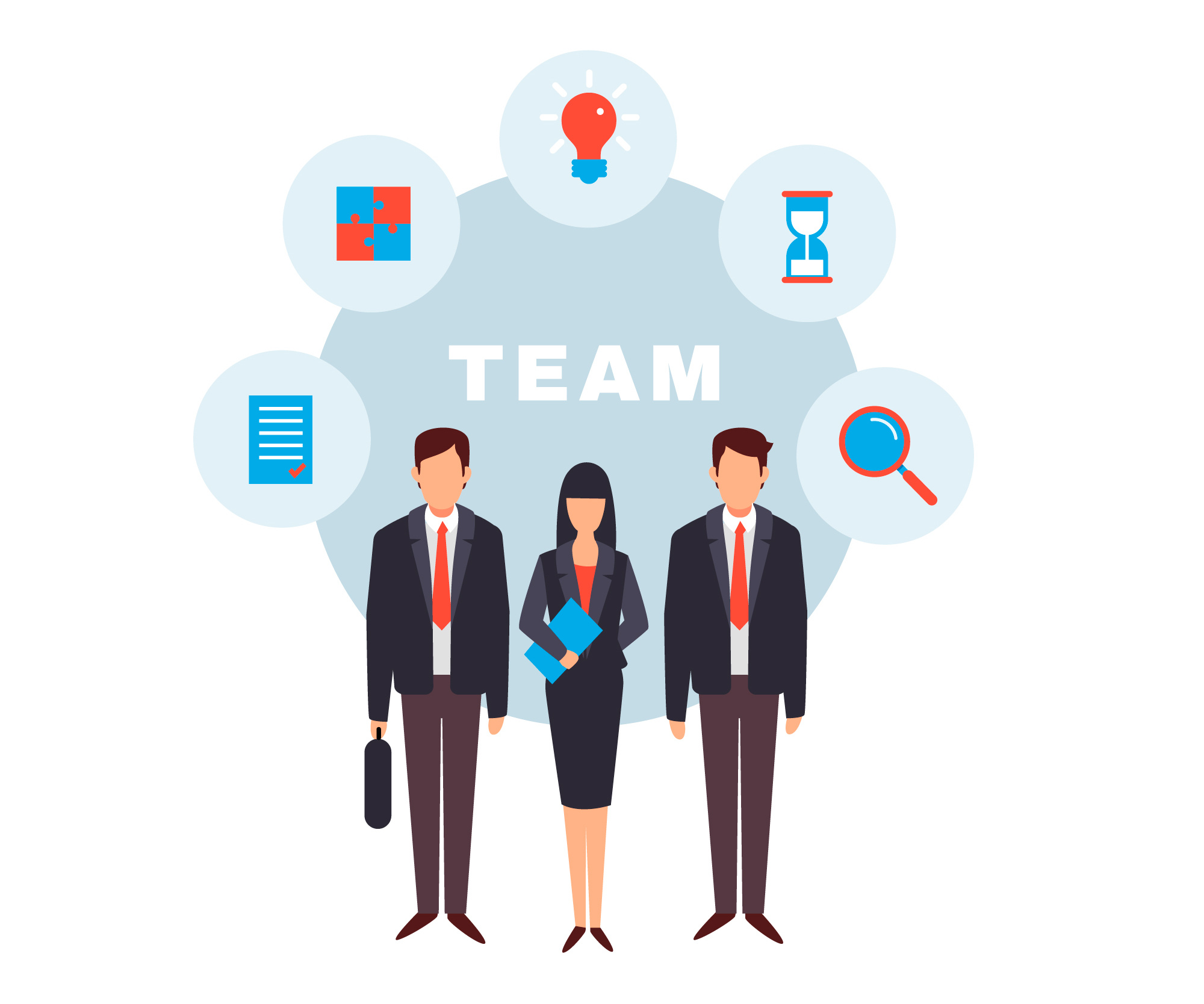Flexibility Is Our Second Name
Flexibility is our second name, as we adapt our strategies and solutions to meet the unique needs
of your business, ensuring maximum efficiency and success.
.jpg)
Time & Material (T&M)
In the T&M model, clients are billed based on the actual amount of time and resources expended by the software house on a specific project.
Advantages:
Flexibility: Changes can be easily made mid-project without a major contractual overhaul.
Transparency: Clients get a clear view of where time and resources are being spent.
Scalability: Easy to scale up or down based on project needs.
Disadvantages:
Uncertain Budgets: Costs can escalate if the project scope isn’t clearly defined or if changes are frequent.
Requires Oversight: Clients often need to closely monitor progress to ensure time is being utilized efficiently.
Fixed Priced (FP)
With the FP model, a software house commits to complete a specific project for a set price, regardless of the hours or resources expended.
Advantages:
Budget Certainty: The client knows exactly how much the project will cost from the outset.
Risk Mitigation: The software house assumes most of the risk, providing an incentive to finish on time and within budget.
Disadvantages:
Less Flexibility: Any changes to project scope typically require contract renegotiations.
Potential for Lower Quality:To stay within budget, a software house might cut corners if they underestimated the project’s complexity.
.png)
.jpg)
Retainer Model
A software house provides services to a client over an extended period for a recurring fee, usually monthly. This model is great for ongoing maintenance, updates, or continuous development projects.
Advantages:
Consistent & Predictable: Both parties have a clear understanding of deliverables and costs over the contract’s duration.
Dedicated Resources The software house can allocate dedicated resources knowing they have a steady income from the client.
Disadvantages:
Less Flexibility: May be challenging to scale resources up or down rapidly in response to changing needs.
Dedicated Team Model
AThe client pays for a dedicated team of professionals who work exclusively on their project. This model is ideal for long-term projects where the client wants a team that’s intimately familiar with their project and can function as an extension of their in-house team.
Advantages:
Deep Understanding: The dedicated team becomes experts in the client’s project, ensuring high-quality outputs.
Cost-Effective: Over the long term, having a dedicated team can be more cost-effective than continually onboarding new contractors.
Disadvantages:
Higher Short-term Costs: Initially, setting up and training a dedicated team can be more expensive than other models.

LET'S WORK TOGETHER
Product Discovery Workshop
At EffectIT, we emphasize the importance of a thorough conceptualization phase for your software or product idea.
We believe that understanding and meticulous planning are the cornerstones of a successful project. Our Product Discovery
Workshop is designed to provide your vision with the detailed blueprint it deserves
-
Clarity and Vision
-
Efficient Resource Allocation:
-
Reduced Risks
